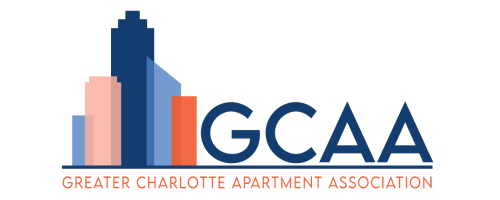Hidden Drivers · Housing Affordability Crisis
Charlotte’s rapid population growth has placed increasing pressure on housing affordability. While the City’s Unified Development Ordinance (UDO) is a step toward more inclusive development, over 70% of residential land was historically zoned for single-family homes only. This has limited opportunities to build more affordable housing types—like duplexes, triplexes, and town homes, especially in high-demand areas.
As Charlotte continues to implement its Future 2040 Comprehensive Plan, expanding the mix of housing options near jobs, transit, and schools will be critical to improving affordability and ensuring the city remains accessible to residents at all income levels.
Source: City of Charlotte Unified Development Ordinance, 2023; Charlotte Future 2040 Comprehensive Plan
Zoning Laws · The Hidden Bottleneck in Solving the Housing Crisis
Across the country—and here in Charlotte—outdated zoning and land use regulations often stand in the way of expanding the housing supply. These rules can restrict multifamily housing, slow development approvals, and make it difficult to respond to demand in a timely and cost-effective way.
According to the 2024 NMHC Housing Supply & Affordability Report, more than 60% of apartment developers cited local zoning as the most significant barrier to building new housing. Over 75% also reported entitlement delays, with average project hold-ups lasting more than seven months.
Common Zoning Challenges
• Single-Family-Only Zoning limiting diverse housing options
• Height and Density Restrictions that prevent efficient land use
• Parking Mandates that increase project costs and reduce buildable space
Opportunities for Policy Leadership
• Expand allowances for “Missing Middle” housing (e.g., duplexes, townhomes)
• Simplify and expedite entitlement and permitting processes
• Promote higher-density development near public transit and employment centers
Citation: NMHC Housing Supply & Affordability Report, 2024
Hoover Townes · Brings Affordable Homeownership to Charlotte
Amid the challenges, Charlotte is seeing promising progress. On May 21, 2025, city leaders and community members celebrated the groundbreaking of Hoover Townes, a 39-unit affordable townhome community in the Sugar Creek area. The project is transforming the former Economy Inn site—once associated with high crime rates—into a beacon of hope for families seeking homeownership. (Key highlights below)
Affordability
Townhomes ($190,000 and $230,000), targeting families earning up to 80% of the area median income
Support for Educators
Four units reserved for Charlotte-Mecklenburg Schools teachers
Community Collaboration
Developed by Prosperity Alliance and True Homes, with financial support from Pinnacle Financial Partners and the House Charlotte Plus program
Revitalization Effort
Part of Charlotte’s Corridors of Opportunity initiative
Source: QCity Metro, WFAE
Removing Barriers
The housing affordability crisis stems from a mix of longstanding structural barriers—especially zoning restrictions—that shape what gets built, where, and for whom.
As Charlotte and other communities grow, collaboration between policymakers, housing providers, and residents is critical to ensure that development is both equitable and sustainable. By supporting projects like Hoover Townes and continuing to modernize outdated policies, local leaders can help create a more inclusive future.
We encourage our Government Affairs Committee members and elected officials to:
• Champion zoning reforms that increase housing options
• Support and celebrate local wins like Hoover Townes
• Advocate for continued investment in affordable housing initiatives across Charlotte’s neighborhoods
Questions or input?
Contact Keith Kelly, GCAA Director of Government Affairs keith@greatercaa.org
